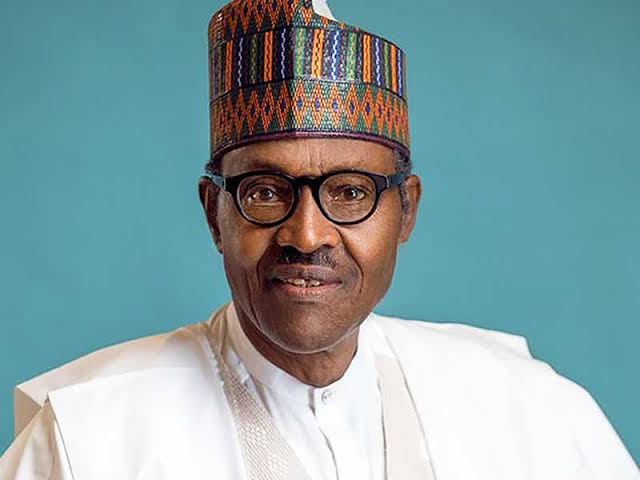Muhammadu Buhari, Nigeria’s former president and one of its most influential post-independence leaders, has died at the age of 82.
He passed away on Saturday afternoon in London, United Kingdom, where he had reportedly been undergoing medical treatment in recent weeks. The exact cause of death has not yet been revealed.
News of his passing was confirmed by his longtime spokesperson, Mallam Garba Shehu, via a post on his official X (formerly Twitter) account, @GarShehu, at 5:11 p.m. on Saturday.
“The family of the former President has announced the passing on of the former President of Nigeria, Muhammadu Buhari, GCFR, this afternoon in a clinic in London. May Allah accept him in Aljannatul Firdaus, Amin,” the statement read.
Buhari’s death marks the end of an extraordinary public career that spanned over 40 years, during which he served Nigeria both as a military head of state and later as a democratically elected president, a distinction shared only with Olusegun Obasanjo.
Born on December 17, 1942, in Daura, Katsina State, Buhari rose through the Nigerian Army to become Head of State following a military coup on December 31, 1983. His military regime, known for its strict anti-corruption stance and rigid discipline, was later overthrown in August 1985.
After a long period away from power, Buhari made a historic political comeback in 2015 by defeating incumbent President Goodluck Jonathan. This landmark victory marked the first time a sitting Nigerian president was defeated at the polls. He secured re-election in 2019 and completed his second term in May 2023.
During his civilian presidency, Buhari focused on three key priorities: combating corruption, strengthening national security, and improving infrastructure. His leadership drew both praise and criticism. Supporters admired his perceived integrity and no-nonsense approach to governance, while critics highlighted issues such as slow economic growth, concerns over human rights, and his frequent overseas medical trips, which contrasted with the underperformance of Nigeria’s own healthcare facilities.
Personally reserved and known for his austere lifestyle, Buhari held significant influence in northern Nigeria, where many viewed him as a symbol of honesty and discipline. Nevertheless, his leadership style and policies remained deeply divisive nationwide.
Tributes have begun pouring in from Nigerian politicians, global leaders, and members of the international community. Official announcements regarding national mourning, including the lowering of flags, opening of condolence registers, and plans for a state funeral, are expected in the coming hours.
Muhammadu Buhari is survived by his wife, Aisha Buhari, along with children, grandchildren, and a nation forever shaped by his decades-long presence in its political and military evolution.

